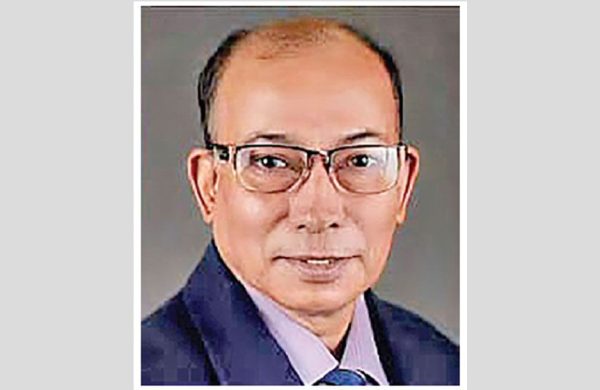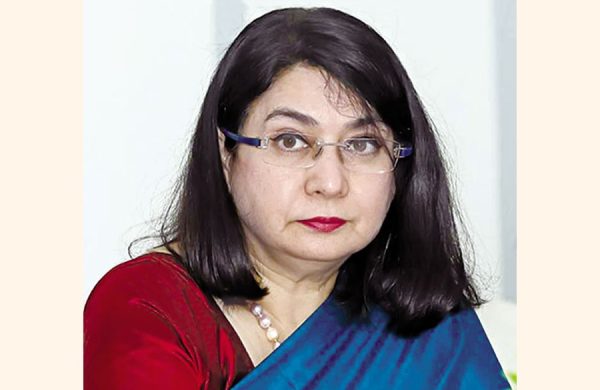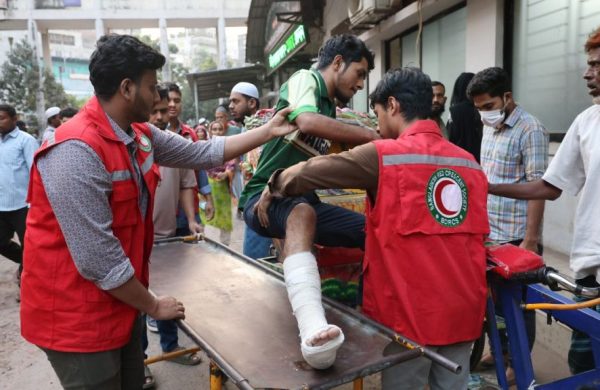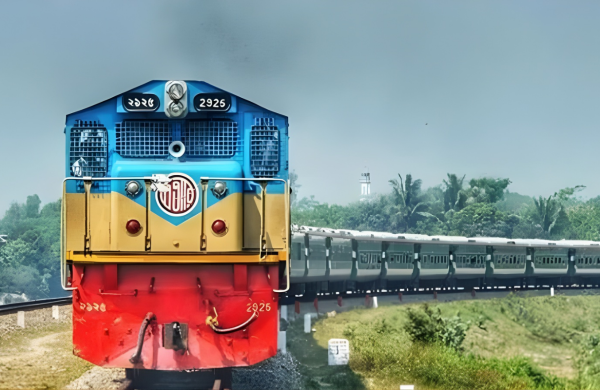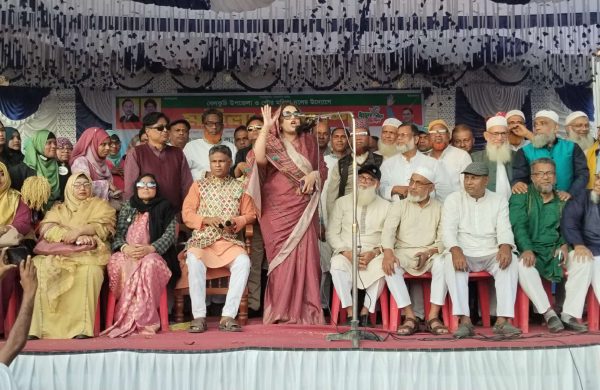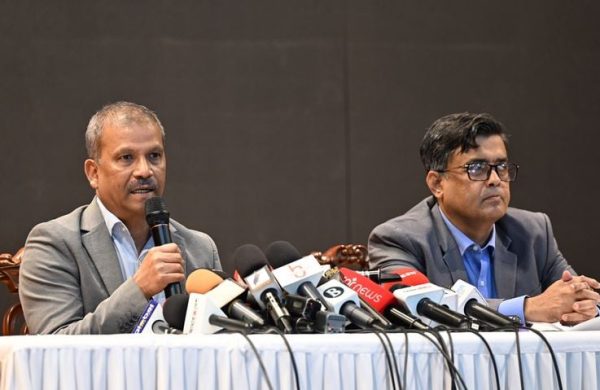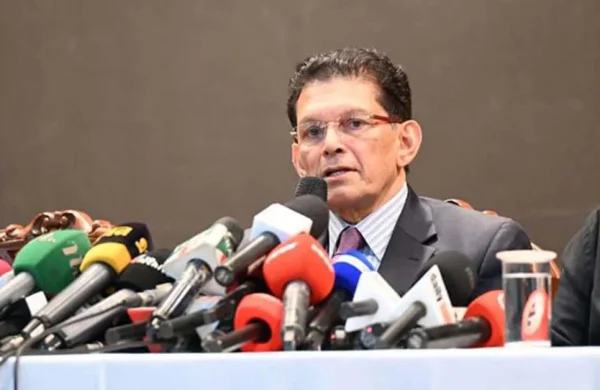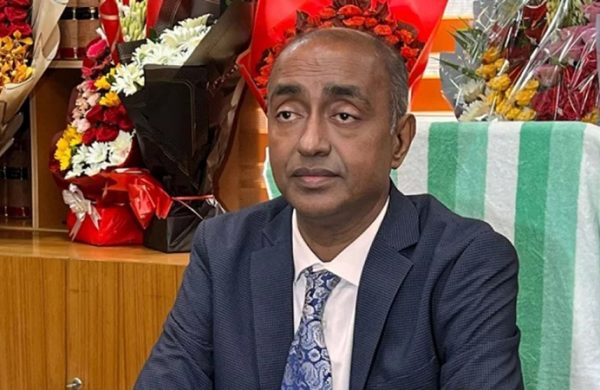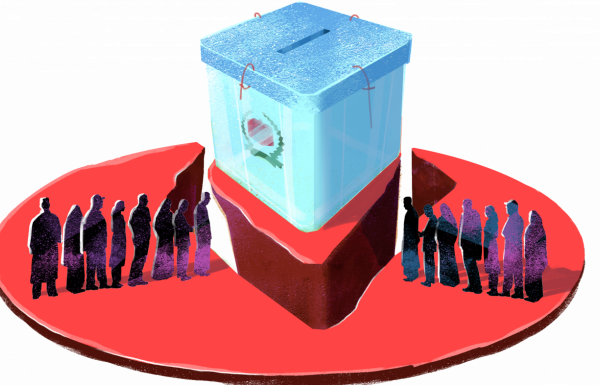The Distressed and Oppressed Labourers and Labour Market of Bangladesh
- Update Time : Wednesday, October 22, 2025
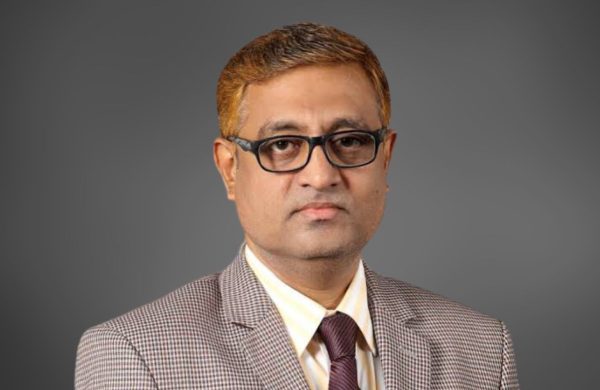
—Md. Kafi Khan—
Bangladesh, a nation that has emerged from the crucible of struggle and survival, now stands as one of the world’s fastest-growing economies. Yet, beneath the veneer of macroeconomic success lies a stark paradox a labour market built upon the sweat of millions who remain distressed, underpaid, and invisible. This article seeks to unfold the ethical, social, and economic dimensions of Bangladesh’s labour market from the garment factories of Dhaka to the informal sectors of rural districts through a global development lens aligned with UNDP’s Human Development Framework, ILO conventions, and Sustainable Development Goals (SDGs).
- The Paradox of Growth and Inequality:
Bangladesh’s GDP growth averaging over 6% for the last decade has been driven primarily by its labour-intensive industries, especially ready-made garments (RMG), which account for over 80% of export earnings. However, the benefits of this growth remain unevenly distributed.
Millions of labourers particularly women contribute to the nation’s economic rise, yet their own livelihoods remain precarious. Wage stagnation, unsafe working conditions, and absence of social protection expose a moral contradiction: the workers who sustain Bangladesh’s development are themselves excluded from its dividends.
According to the Bangladesh Bureau of Statistics (BBS), around 85% of the workforce operates in the informal sector, lacking job security, healthcare, pension, or legal protection. The “growth miracle” thus risks becoming an ethical illusion unless inclusive reforms are undertaken.
- The Feminisation of Distress:
Women constitute over 60% of the garment industry workforce, symbolising both empowerment and exploitation. Their participation has transformed gender dynamics and contributed to poverty reduction. Yet, low wages, harassment, and occupational hazards define their daily realities.
Many female workers earn less than Tk. 12,500 per month, often below living wage benchmarks. The Rana Plaza tragedy (2013) remains a haunting reminder of systemic neglect where over 1,100 workers, mostly women, died not from accident, but from institutional apathy.
True empowerment cannot exist in conditions of perpetual insecurity. As UNDP’s Human Development Report stresses, gender equality is not merely about participation but dignified participation where work sustains both life and liberty.
- Informality, Exploitation, and the Invisible Workforce:
The informal economy from construction workers to domestic helpers, rickshaw pullers, and street vendors forms the invisible skeleton of Bangladesh’s urban and rural life. Yet, these workers operate outside the legal and social framework.
A construction worker in Dhaka may earn Tk. 600 a day, but with no guarantee of work tomorrow. A domestic worker may work 12–14 hours daily without formal recognition of her labour rights.
This “structural invisibility” represents not only an economic inefficiency but also a human development crisis. The ILO Convention No. 102 on Social Security and Recommendation 204 on the transition from informal to formal economy must be integrated into national policy with enforceable mechanisms.
- Labour Migration: The Price of Survival:
Labour migration has long been the lifeline of Bangladesh’s economy, contributing over USD 24 billion in remittances annually. Yet, behind this figure lie the untold stories of migrant exploitation, trafficking, and debt bondage.
Many Bangladeshi workers in the Middle East or Southeast Asia face abusive contracts, withheld wages, and lack of legal recourse. The Global Compact for Migration (GCM) and ILO Fair Recruitment Principles urge member states, including Bangladesh, to ensure safe, orderly, and dignified migration not at the mercy of brokers and middlemen but through transparent, state-managed systems. The migrant worker’s dollar sustains our national reserves, but his dignity must also be sustained.
- The Post-Pandemic Labour Market: New Vulnerabilities:
The COVID-19 pandemic exacerbated pre-existing fragilities. Lockdowns pushed millions of informal workers into sudden unemployment, widening income inequality. Women and youth were disproportionately affected.
Digital transformation has created new forms of labour gig work, e-commerce, ride-sharing yet these too remain largely unregulated, echoing the vulnerabilities of the old informal economy in a new digital disguise.
As Bangladesh aspires to become a Smart Economy, it must also become a Just Economy, embedding human dignity and social justice into the algorithm of progress.
- Towards a Human-Cantered Labour Economy:
A reformed vision for Bangladesh’s labour market must transcend GDP metrics. Inspired by Amartya Sen’s Capability Approach and the UNDP Human Development Index (HDI), development must be measured not by income alone but by the freedom and dignity that individuals experience through work.
Key recommendations include:
Decent Work Framework: Full implementation of ILO’s Decent Work Agenda (employment, rights, protection, dialogue).
Living Wage and Social Protection:Introduce a National Minimum Living Wage Policy tied to cost-of-living indices.
Formalisation of Informal Sector: Registration, digital ID, and inclusion in national insurance schemes.
Gender-Sensitive Reforms: Enforce anti-harassment mechanisms, maternity rights, and equal pay legislation.
Migrant Welfare Reforms: Strengthen pre-departure training, legal aid, and bilateral protection treaties.
Labour Governance :Establish an independent National Labour Rights Commission with investigative and policy oversight power.
- Ethical Imperative: Labour as the Soul of Development:
In the moral geography of nations, labour is not a commodity it is the expression of human existence. When workers are distressed, the nation’s conscience is too.
Bangladesh’s dream of becoming an upper-middle-income country must not rest upon a fatigued foundation of cheap labour but upon the ethics of shared prosperity. The world’s recognition from UNDP to World Economic Forum must not only praise its growth numbers but also its moral progress.
- Conclusion: From the Sweat of Survival to the Dignity of Work:
Every thread of Bangladesh’s garment, every brick of its skyline, and every remittance sent home carries a story of struggle, aspiration, and resilience. But development, if it is to be just and lasting, must transform survival into dignity, and labour into liberty. To honour the distressed and oppressed labourers of Bangladesh is to reimagine progress itself not as profit over people, but as people as the purpose of progress.
References (Selective and Indicative): United Nations Development Programme (UNDP), Human Development Report, 2023–2024, International Labour Organization (ILO), Decent Work and Social Justice in Bangladesh, 2022, Bangladesh Bureau of Statistics (BBS), Labour Force Survey, 2023 World Bank, Bangladesh Jobs Diagnostic Report, 2023 Sen, Amartya (1999). Development as Freedom. Oxford University Press UN General Assembly, Global Compact for Safe, Orderly and Regular Migration, 2018
ILO Conventions Nos. 87, 98, 102, 189 and Recommendations Nos. 202, 204.
Message to All Stakeholders:
The measure of a nation’s progress is not how fast its economy grows, but how deeply its people are valued. In Bangladesh, millions of labourers the true architects of our growth continue to struggle for dignity, equity, and recognition. As stakeholders in human development, we share a moral responsibility to ensure that every hand that builds our future is protected, empowered, and respected.
Let us stand together governments, institutions, corporations, and citizens to transform distress into dignity, and labour into liberty. This is not only an economic imperative, but a human covenant that defines our shared progress and our collective humanity.
“True development begins when the hands that build a nation no longer tremble from hunger, and the hearts that labour are lifted by dignity, not despair.”
—————————————————————-
The writer is the Company Secretary at City Bank PLC.


